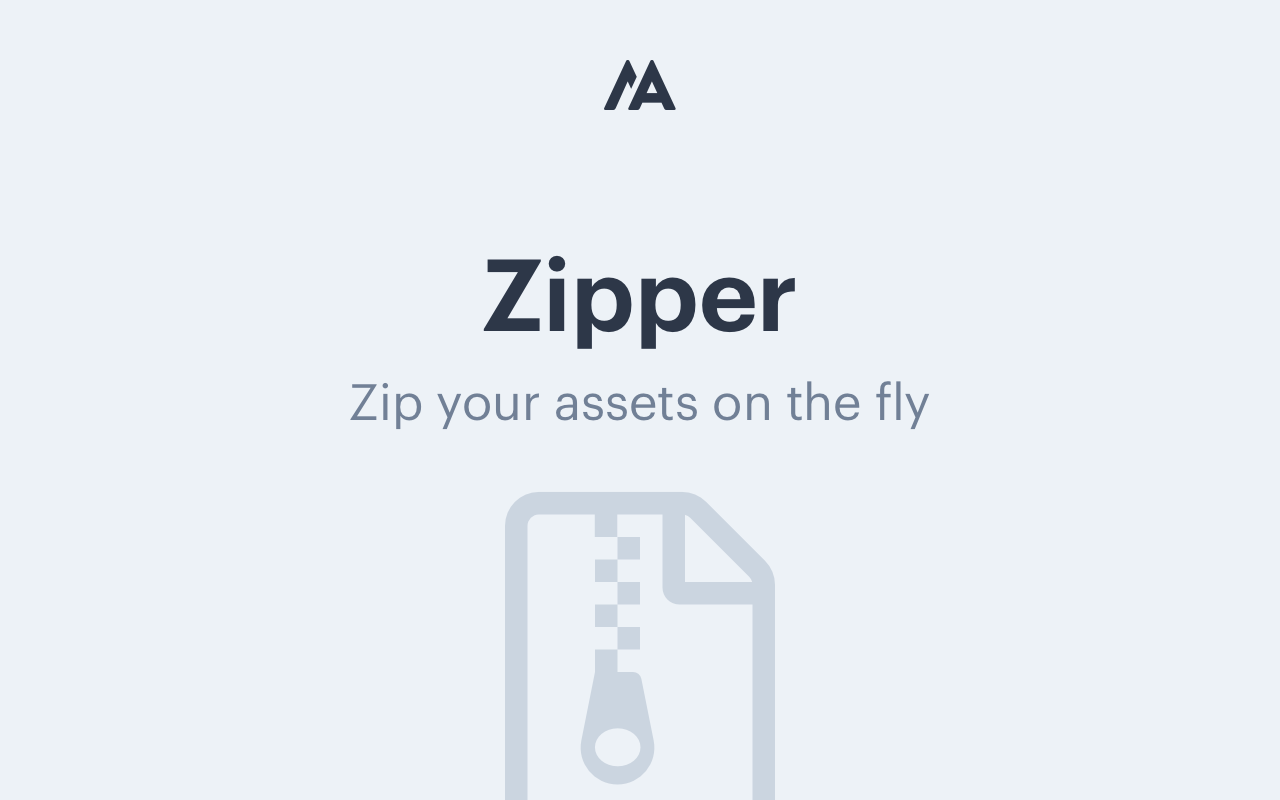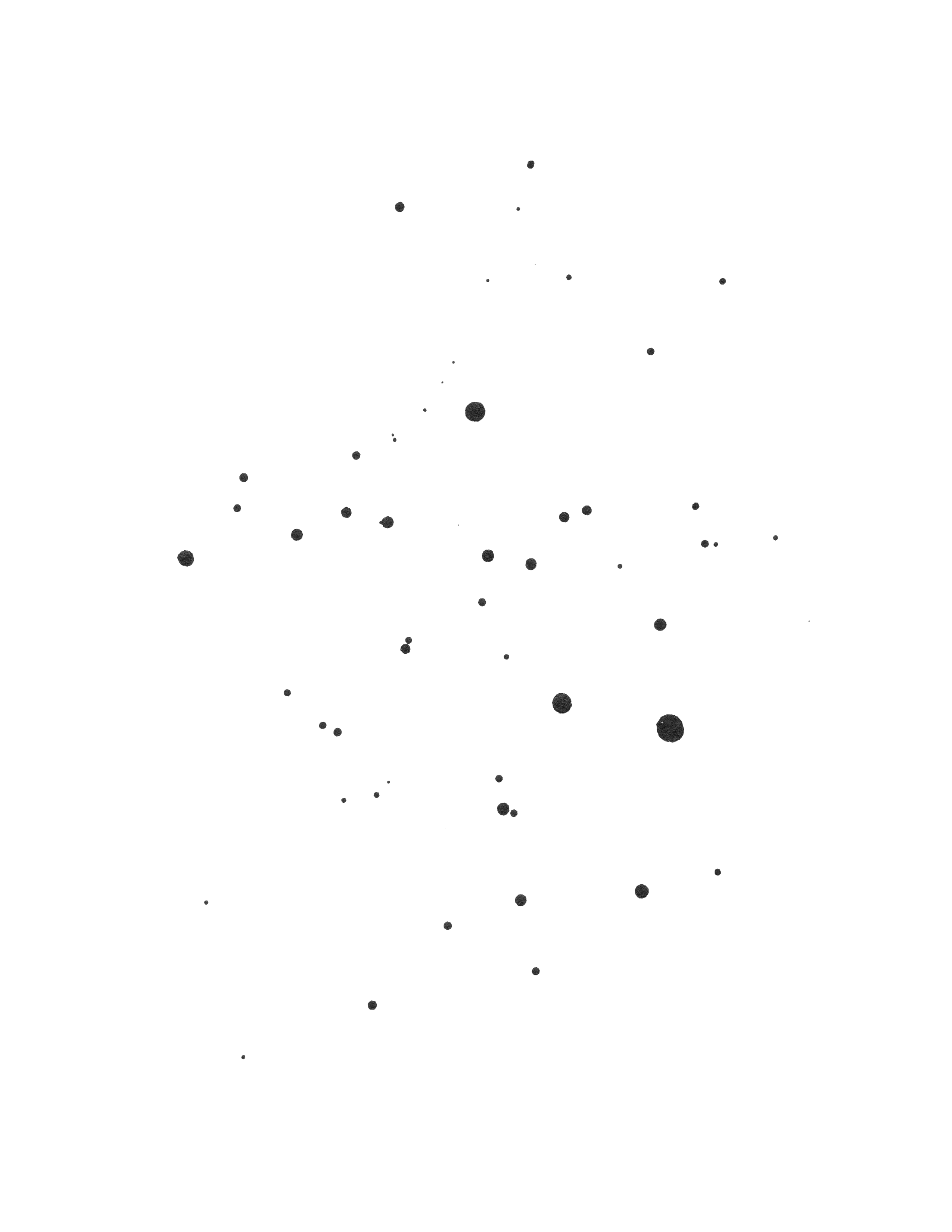Zipper
This addon provides a simple way to zip your Statamic assets on the fly.
Installation
Install the addon using Composer:
composer require aerni/zipperPublish the config of the package (optional):
php please vendor:publish --tag=zipper-configThe following config will be published to config/zipper.php:
return [ /* |-------------------------------------------------------------------------- | Save To Disk |-------------------------------------------------------------------------- | | Set this to 'true' to save the created zips to disk. | The saved file will be used the next time a user requests a zip with the same payload. | */ 'save' => false, /* |-------------------------------------------------------------------------- | Filesystem Disk |-------------------------------------------------------------------------- | | Choose the disk you want to use when saving a zip. | */ 'disk' => 'public', /* |-------------------------------------------------------------------------- | Link Expiry |-------------------------------------------------------------------------- | | Set the time in minutes after which a link should expire. | */ 'expiry' => null, /* |-------------------------------------------------------------------------- | Cleanup Scope |-------------------------------------------------------------------------- | | The scope to use when cleaning up your zip references with the scheduled command. | | Options: | "expired": Only delete expired reference files | "all": Delete all reference files excluding unexpired files | "force": Delete all reference files including unexpired files | */ 'cleanup' => 'expired', ];Basic Usage
To create a zip of your assets, you have to call the zip tag followed by the variable containing your assets. The tag returns the URL to the route that handles creating the zip. The zip will be streamed without being saved to disk. You may opt in to save the file to disk to be used on subsequent requests.
Somewhere in your content files:
images: - sega-genesis.jpg - snes.jpgSomehwere in your views:
{{ zip:images }}Filename
You may optionally pass a filename using the filename parameter. The filename defaults to the timestamp when the Zip object was created. The example below binds the name of the zip to the title of the page.
{{ zip:images :filename="title" }}Link Expiry
If you want to expire your links after a certain time, you can either set the expiry globally in the config, or use the expiry parameter on the tag. The expiry is to be set in minutes. Note, that the expiry on the tag will overide the expiry in the config.
{{ zip:images expiry="60" }}Cleanup Old References
Zipper saves an encrypted instance of the Zip class every time it returns a URL. These reference files are stored in storage/zipper/{id}. Whenever a user downloads a zip, Zipper will retrieve and decrypt the requested Zip instance.
With time, the amound of saved reference files will grow. To get this under control, Zipper provides a scheduled command that will daily delete old reference files. Just make sure that your Scheduler is running.
Cleanup Scopes
There are a couple of cleanup scopes you can define in the config:
| Option | Description |
|---|---|
expired |
Only delete expired references files. This only affects references of zips that used the expiry option |
all |
Delete all reference files excluding unexpired files. This will delete references of zips that didn't use the expiry option as well as expired zips. It will not delete unexpired zips. |
force |
Delete all reference files including unexpired files. This will completely wipe all references. |
Clean Command
You may also use the clean command to delete reference files at your will. The scope defaults to expired.
php please zipper:cleanphp please zipper:clean --scope=allphp please zipper:clean --scope=forceAdvanced Usage
You may also use this addon programmatically as shown below.
use Aerni\Zipper\Zip; // Prepare an array of Statamic assets, paths or URLs.$files = [ Statamic\Assets\Asset, '/home/ploi/site.com/storage/app/assets/file_1.jpg', 'https://site.com/path/to/file_2.jpg',]; // Make a zip with the files above.$zip = Zip::make($files); // Set an optional filename. This defaults to the timestamp when the object was created.$zip->filename('obi-wan-kenobi') // Set an optional expiry time in minutes. This defaults to the expiry set in the config.$zip->expiry(60); // Get the URL that handles creating the zip.$zip->url(); // Create a new zip or download a previously cached zip.$zip->get();




